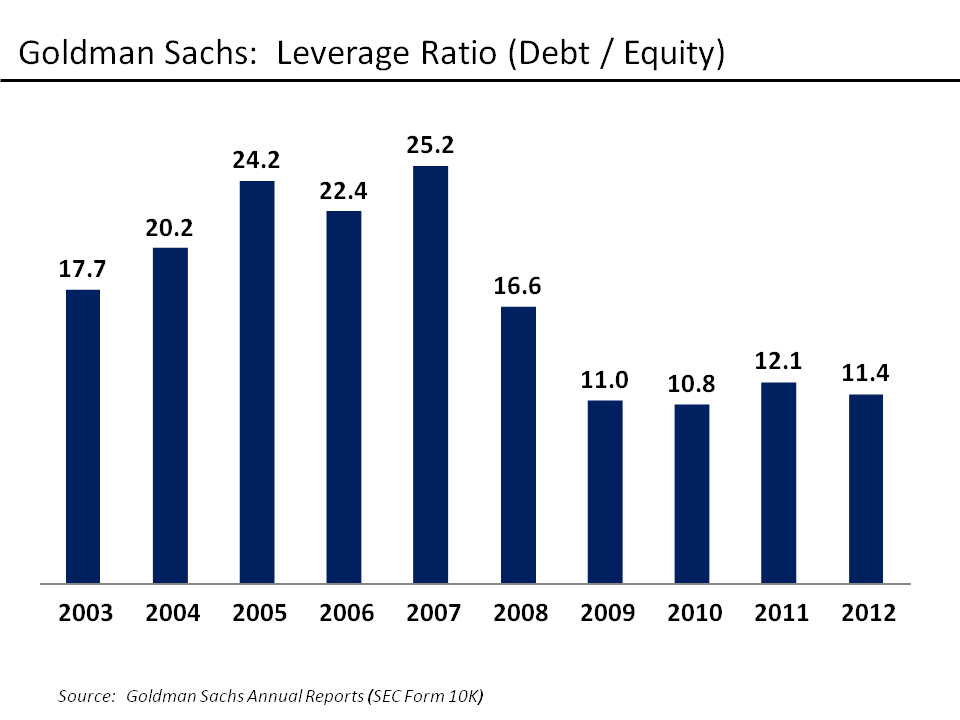
Many tools and resources can help you create and manage your budget effectively. If you have more expenses than income, you will need to find ways to cut back on your expenses. Start by lowering the spending limits in the discretionary section of your budget or eliminating them entirely. If there is a big difference between the two, that is a strong indicator you need a strict budget to manage your spending and keep track of your finances. “Tracking progress and making adjustments is critical,” Jeff Grampp, CFF and director at Gateway Investor Relations, told The Balance in an email interview.

Tips and Tricks To Help You Keep Track of Bills and Payments
When you master budgeting, you make sure that every dollar is being used how you want it, and can track your spending to determine whether it matches your priorities. This technique involves labeling envelopes based on your budget categories—for example, groceries, utilities, and transportation. Once the money is gone, that’s all you can spend on that item for the month. This method can create an acute awareness of where your money is going, making it much harder to overspend.
When is a cash budget important?
If your expenses are still more than your income, you may need to increase the amount you earn by negotiating a raise, adding a second job, or taking on gig work. Dunn knows your margin is affected by life circumstances, “But once you’ve got a margin, fight like crazy to keep it.” In other words, don’t let lifestyle creep eat away at that buffer. Our partners cannot pay us to guarantee favorable reviews of their products or services. No, all of our programs are 100 percent online, and available to participants regardless of their location. We expect to offer our courses in additional languages in the future but, at this time, HBS Online can only be provided in English. Tracking progress, or lack thereof, allows you to align your team and plan for growth in the next period.

What is an emergency fund?
- It’s not just about numbers; it’s about turning your aspirations into reality.
- The cash envelope strategy works well for people who prefer a more concrete, hands-on budgeting system to help get spending under control.
- But here’s the thing, if you spend all your time focusing on the finances of other people, you will never find contentment.
- If you have debt, you’ll need to include your monthly payments in your budget.
- Your budget is the key to creating a fortress of financial stability, providing a sense of security and peace of mind as you navigate the journey ahead.
It allows you to look at your monthly income and create a clear action plan of what you will do with your money before you spend it. Whether you’re planning to pay down debt, save for retirement, or tame your spending on groceries every month, budgeting can help you achieve your financial goals faster. Using a realistic budget to forecast your spending for the year can really help you with your long term financial planning. A personal budget and a business budget are similar in nature.
Cash value accumulation
Learn all you can about finances, money management, and how you can best invest in yourself. Talk to your financially savvy friends and seek out real-world tips and advice from people who are doing well with their money. Keep visual reminders of these rewards or the things you’re saving up for. Start building associations in your brain that make sticking to your budget an enjoyable activity with happy results. People can sometimes cut too many expenses so that they end up with a budget that they can’t stick to.
Cash flow management, facilitated by budgeting, is like orchestrating a winning game plan for your finances. So, let your budget be your savings guide, leading you on a path to financial security and turning your dreams into achievable goals. Embrace the magic of budgeting, and watch your savings grow like a garden of financial possibilities.
The longer you live without a budget, the easier it becomes for your financial life to get messy. Between all your monthly bills, debt payments, and other expenses, things tend to slip through the cracks. Along the same lines of controlling your spending, budgeting is important because it keeps you on track when you are trying to achieve your financial goals. Let’s be honest, when you operate your finances without a budget, you don’t really have anything holding you back from spending beyond your means. Sure, you might have a general idea about how much money you can spend each month, but without hard, accurate numbers, it’s easy to lose control of your spending habits.
Favor the projects that have more potential for return on the money spent. It tracks how much income you have each month, and then assigns a portion of that income to a category, https://www.kelleysbookkeeping.com/accounting-for-joint-ventures/ such as housing payments, groceries, or savings. By planning for and tracking where your money will go, a budget prevents you from spending money you don’t have.
It may be difficult to decide how to allocate your finances because there are multiple ways to create a budget. Making sure your budget is effective for your business requires you to choose the appropriate process. Because there per annum definition and meaning is a better understanding of where the money is coming in and going out, a budget can help a business and its stakeholders stay on track to meet their goals. Meeting them can indicate if a business had a successful year.
Every time you enter your spending in your software or budget notebook, review everything that’s been spent to date and compare it to income received. This will keep you abreast of where things stand https://www.accountingcoaching.online/ and encourage you to keep at it, especially if you are reining in your spending as intended. This daily or weekly activity can give you an enormous sense of accomplishment and keep you on track.
This way, you can pay yourself first, have enough money for the transfer, and know that you can meet your savings goal. But being debt-free without any savings won’t pay your bills in an emergency. A zero balance can quickly become a negative balance if you don’t have a safety net.
Readily available credit is a tempting option to bridge the cash deficit. If you are a business owner, unexpected expenses can give you sleepless nights and push you over the edge of financial stability. Plan your spending so that you are disciplined and prepared for ups and downs in the market.
Getting and keeping a handle on your monthly income and expenses allows you to make sure that your hard-earned money is being put to its highest and best purpose. For those who enjoy an income that covers all bills with money left over, a budget can help maximize savings and investments. One of the most common reasons people turn to budgeting is to help them save money. If your financial goal is to save money, you must set a budget that pushes you to live below your means. This way, you have money to contribute to your savings account. Then you can put money into savings every month – maybe into a bank or credit union.
Circumstances outside your control can impact your revenue or cause priorities to change at a moment’s notice. The value proposition budgeting method forces you to determine and explain each line item’s value to your organization, which can be useful for prioritizing tasks and larger initiatives. Financial goals should be attainable enough that you count on them to inform the rest of your budget allocations. Your goals inform the expenses needed to reach them and vice versa. Any employee—especially managers—should understand budgeting and how it can profoundly impact an organization. Harvard Business School Online’s Business Insights Blog provides the career insights you need to achieve your goals and gain confidence in your business skills.